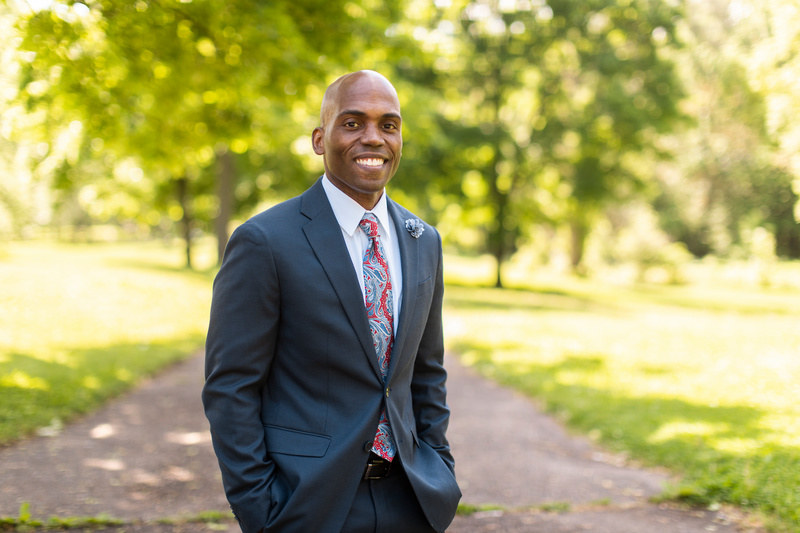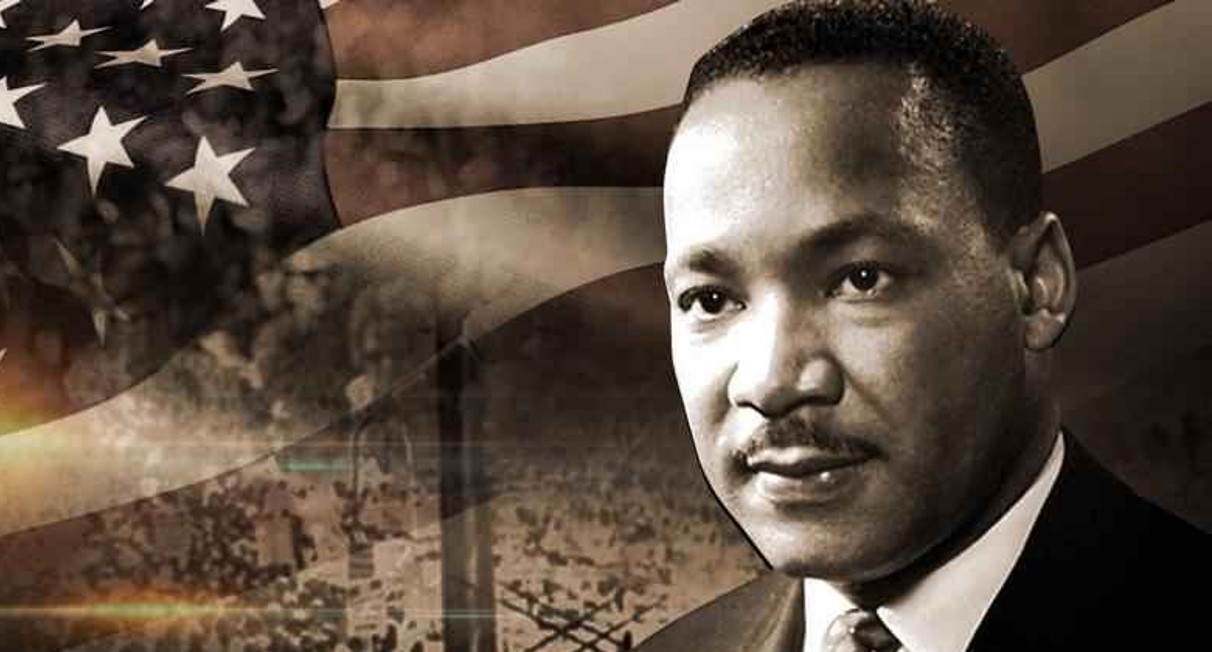This "Outside Consultant" column by Dr. Yohuru Williams, founding director of the Racial Justice Initiative, ran in the Star Tribune on Jan. 17, 2022.
As we mark the federal holiday commemorating Martin Luther King Jr.’s birthday, many are wondering how best to honor the memory and legacy of this civil rights leader. His family has called for no celebration if Congress has not passed further legislation protecting national voting rights.
In King’s final essay, “A Testament of Hope,” published the year after his death, he explained that the “Black revolution” was not solely about civil rights. It was also about “forcing America to face all of its interrelated flaws – racism, poverty, militarism, and materialism.”

King’s family’s call stays in line with King’s vision. There is more that we all can do to further reduce structural racism.
- As business leaders, review your hiring practices and vendor contracts to increase the number of people of color and minority-owned businesses performing services for your operations, with a particular focus on African Americans.
- Increase your donations and support to nonprofit organizations fighting for causes to advance rights on social justice and political progress, such as the National Urban League, the NAACP, and Move On nationally, and Interfaith Action St. Paul, the YWCA, Way to Grow, and the Northside Achievement Zone locally.
- Encourage your staff to support local Black-owned businesses, whether they are restaurants, boutique gift shops or consumer products. The Minnesota Black Chamber of Commerce is a resource, as are the listings at mnblackbusiness.com.
We have made progress in America, but we still have a way to go for true equality. What King asked five decades ago is still relevant today: “Why is the issue of equality still so far from solution in America, a nation that professes itself to be democratic, inventive, hospitable to new ideas, rich, productive and awesomely powerful?”
To continue to pursue radical changes is one way to achieve justice for Black people and to honor King’s legacy, whether it is by toning down celebrations until an act of Congress passes legislation to further protect national voting rights, or enacting changes within our own organizations.
King’s testament concluded on a note of optimism, and we can, too. Humanity, he observed, “has the capacity to do right as well as wrong, and history is a path upward, not downward.”
Dr. Yohuru Williams is the founding director of the Racial Justice Initiative at the University of St. Thomas.







